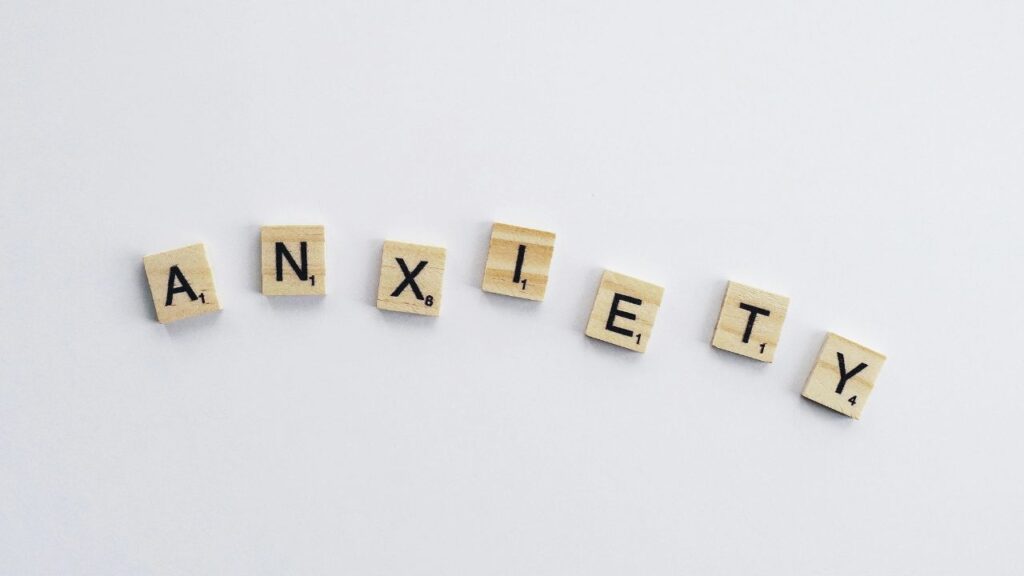The Complex Relationship Between Mental Health and Substance Abuse
Mental health and addiction are deeply intertwined, with each condition often exacerbating the other in a vicious cycle of suffering. Individuals struggling with mental health disorders such as depression, anxiety, bipolar disorder, or post-traumatic stress disorder (PTSD) are at a significantly higher risk of developing substance use disorders compared to the general population. Conversely, those who abuse drugs or alcohol are more likely to experience mental health problems as a result of their substance use.
This complex, bidirectional relationship between mental health and addiction is known as “co-occurring disorders” or “dual diagnosis.” Understanding the ways in which these conditions interact is crucial for effective prevention, treatment, and recovery efforts.

Mental Health Disorders as a Risk Factor for Addiction
People with mental health disorders often turn to drugs or alcohol as a way to cope with painful emotions, alleviate symptoms, or escape reality. This self-medication can provide temporary relief but ultimately leads to a worsening of both conditions over time.
For example, someone with depression may use alcohol to numb feelings of sadness, hopelessness, and worthlessness. While drinking may briefly lift their mood, it can also intensify feelings of depression and increase the risk of suicidal thoughts or behaviors. Similarly, individuals with anxiety disorders may rely on benzodiazepines or other sedatives to calm their racing thoughts and physical symptoms, only to find that their anxiety returns with greater intensity when the drugs wear off.
The tendency to self-medicate with substances is particularly common among individuals with untreated or undiagnosed mental health disorders. Without proper support and care, these individuals may see drugs or alcohol as their only means of managing distressing symptoms.
Substance Abuse as a Trigger for Mental Health Problems
Just as mental health disorders can drive substance abuse, the reverse is also true: drug and alcohol use can cause or worsen mental health problems. Substance abuse can alter brain chemistry, disrupt neurotransmitter balance, and impair cognitive function, all of which can contribute to the development of mental health disorders.
Chronic substance abuse can lead to changes in the brain’s reward system, making it harder for individuals to experience pleasure or satisfaction from everyday activities. This can result in feelings of depression, apathy, and anhedonia (the inability to feel joy). Substance use can also trigger or exacerbate anxiety, as the body becomes dependent on the drug to regulate stress and emotions.

Certain substances are particularly notorious for their impact on mental health:
- Alcohol: Heavy drinking can cause or worsen depression, anxiety, and sleep disorders. Alcohol withdrawal can also trigger severe anxiety, irritability, and even psychosis.
- Stimulants (cocaine, methamphetamine, etc.): These drugs can induce feelings of euphoria and increased energy but can also lead to paranoia, aggression, and psychotic symptoms. Long-term use can result in severe depression and anhedonia during withdrawal.
- Hallucinogens (LSD, PCP, etc.): While often sought out for their mind-altering effects, hallucinogens can trigger acute psychotic episodes, panic attacks, and long-lasting perceptual disturbances known as hallucinogen persisting perception disorder (HPPD).
- Opioids (heroin, prescription painkillers, etc.): Opioid abuse can cause depression and apathy, as well as increase the risk of suicide. Withdrawal from opioids is often accompanied by severe anxiety, insomnia, and dysphoria.
The Challenges of Treating Co-Occurring Disorders
Treating co-occurring mental health and substance use disorders can be a complex and challenging process. In the past, mental health and addiction treatment services were often siloed, with patients being referred back and forth between different providers or facilities. This fragmented approach often led to suboptimal outcomes, as it failed to address the interplay between the two conditions.
In recent years, there has been a growing recognition of the need for integrated, holistic treatment that addresses both mental health and addiction simultaneously. This approach, known as “dual diagnosis treatment,” combines evidence-based therapies, medication management, and support services to promote comprehensive healing and recovery.
Some key components of effective dual diagnosis treatment include:
- Comprehensive assessment: A thorough evaluation of both mental health and substance use disorders, including their severity, duration, and impact on daily functioning.
- Individualized treatment planning: A personalized plan that addresses each client’s unique needs, goals, and preferences, taking into account their specific mental health diagnosis and substance use history.
- Evidence-based therapies: A combination of psychotherapeutic approaches, such as cognitive-behavioral therapy (CBT), dialectical behavior therapy (DBT), and trauma-focused therapies, to address underlying issues and develop coping skills.
- Medication management: Careful monitoring and adjustment of psychiatric medications to alleviate symptoms, stabilize mood, and support recovery.
- Peer support and group therapy: Opportunities for clients to connect with others who have similar experiences, share their struggles and successes, and build a supportive recovery network.
- Holistic wellness practices: Incorporation of activities that promote physical, emotional, and spiritual well-being, such as yoga, meditation, art therapy, and nature-based therapies.
- Aftercare planning: Development of a comprehensive plan for ongoing support and relapse prevention, including referrals to community resources, sober living options, and alumni programs.
Seeking Help for Co-Occurring Disorders
If you or a loved one is struggling with both mental health and substance abuse issues, it’s essential to seek help from a qualified dual diagnosis treatment provider. At Destination Hope, a leading addiction and mental health treatment center in Fort Lauderdale, FL, we specialize in providing integrated, evidence-based care for individuals with co-occurring disorders.
Our compassionate team of psychiatrists, therapists, and addiction specialists work together to create a personalized treatment plan that addresses each client’s unique needs and goals. We offer a full continuum of care, from medically supervised detox to residential treatment, partial hospitalization, and intensive outpatient programs.
Get Help Today
At Destination Hope, we believe that recovery is possible for everyone, no matter how complex their situation may seem. Our dual diagnosis program is designed to help clients develop the skills, insights, and support they need to achieve lasting recovery and improve their overall quality of life.
Don’t let the cycle of mental health and addiction control your life any longer. Reach out to Destination Hope today at 954-302-4269 for a free, confidential consultation with our knowledgeable admissions team. We’ll answer your questions, verify your insurance coverage, and help you take the first step toward a brighter, healthier future.

